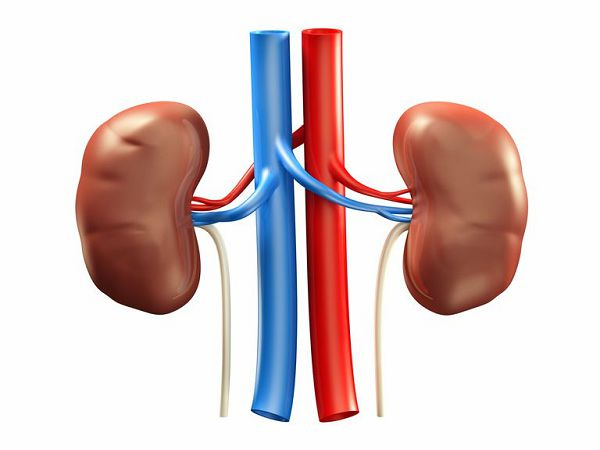
About 13% of Ghanaians have chronic kidney disease and many are dying on daily basis from kidney diseases. The young and old, rich and poor, males and females are all affected.
Kidney disease is no respecter or persons, but the poor suffer most from the complications of kidney disease. The unfortunate situation is that most patients with kidney failure in Ghana cannot afford care leading to the increased number of deaths associated with the disease.
Unfortunately, Ghana has one of the most active National Health Insurance Schemes (NHIS) in Africa but does not cover the care for patients with chronic kidney disease or even those who come in acutely ill and may require short term dialysis to survive hence the increased mortality. Because of this, I am on a campaign as kidney health advocate to help decrease the burden of kidney disease by sharing knowledge to the general populace and training primary health care professionals to enable them build the capacity to screen and diagnose patients with kidney disease early to avoid kidney failure.
Unfortunately, most patients present so late that we (nephrologists and clinicians) are unable to ascertain the real cause of their kidney disease. This is because irrespective of the cause of the kidney disease, the final damage or pattern of presentation may be the same. Clinicians are therefore unable to determine the clear cause of the kidney disease especially in patients who do not have diabetes and present with hypertension at a relatively young age.
Hypertension is a cause of kidney disease but may also be just a presenting sign of kidney disease. So when a young patient presents with kidney disease and hypertension, it might be very difficult to attribute the cause of kidney disease to the hypertension, nonetheless most clinicians attribute the cause to hypertension which might not be the case.
Globally, diabetes and hypertension are the most common causes of kidney disease but in Africa and Ghana, most causes are unknown and believed to be from chronic inflammation of the kidneys of unknown causes or “too late to diagnose causes” that present with hypertension.
Most astute kidney doctors will diagnose them as ‘chronic kidney disease with cause unknown’ or attribute it to chronic inflammation (chronic glomerulonephritis) that may have affected the kidney from myriad causes which we are not able to ascertain due to patients’ inability to pay for thorough investigations or in some cases inadequate resources. This accounts for about 60% of cases of chronic kidney disease as shown in a published study in a tertiary hospital in Kumasi.
The risk of kidney disease is increased among Ghanaians because of the increasing number of people with hypertension. In Ghana, it is estimated that about 1 out of 3 adults have hypertension. Unfortunately, up to about 50 percent of patients with hypertension presenting to a tertiary hospital in Ghana also have kidney disease as shown by an earlier study in a tertiary hospital. Diabetes also affects about 7% of the population and is known to be the second most common cause of chronic kidney disease in Ghana.
Chronic infections such as Human Immunodeficiency Virus (HIV), hepatitis B, hepatitis C and syphilis are also known causes of chronic kidney disease.
The rampant use of herbal medication of various forms as well as the abuse of pain medications among the populace also increases the risk of kidney damage. We have many reported cases of herbal medications causing kidney disease acutely and chronic kidney disease in the long run.
In most old male patients, the presence of enlarged prostates which cause obstruction to urine flow can affect the kidneys in a long run if the obstruction is not relieved in time.
It is also common knowledge that blacks have a higher risk for developing kidney disease and hence caution is advised. They tend to have poorly controlled hypertension and aggressive forms of kidney disease which respond very poorly to medications and therefore progress to kidney failure.
Chronic kidney diseases present late in most cases because in early disease, there are no symptoms. Do not wait for symptoms because that might be late. It is essential to always ensure you look out for the risk factors discussed, avoid herbal and even orthodox medications such as pain killers that affect the kidneys and always check your kidney functions regularly so that kidney disease can be diagnosed early and duly managed to prevent kidney failure.
Please be very interested in your kidneys’ health, get regular screening at least once a year if not at risk and even every 6 months if at risk and see a nephrologist (kidney doctor) if you have any questions. As kidney doctors, we are currently carrying out studies to ascertain why people in sub-Saharan Africa are at higher risk of kidney diseases in a multinational and multicenter study. Until then, please take full responsibility of your kidney health as an individual and aim to prevent kidney disease. Prevention is key!
Thank you
#kidneykonsult
Read Full Story



















Facebook
Twitter
Pinterest
Instagram
Google+
YouTube
LinkedIn
RSS